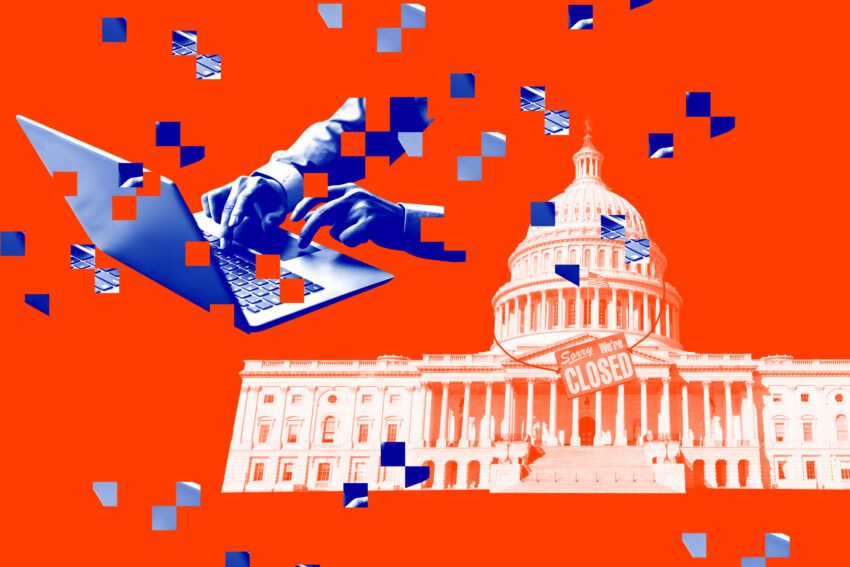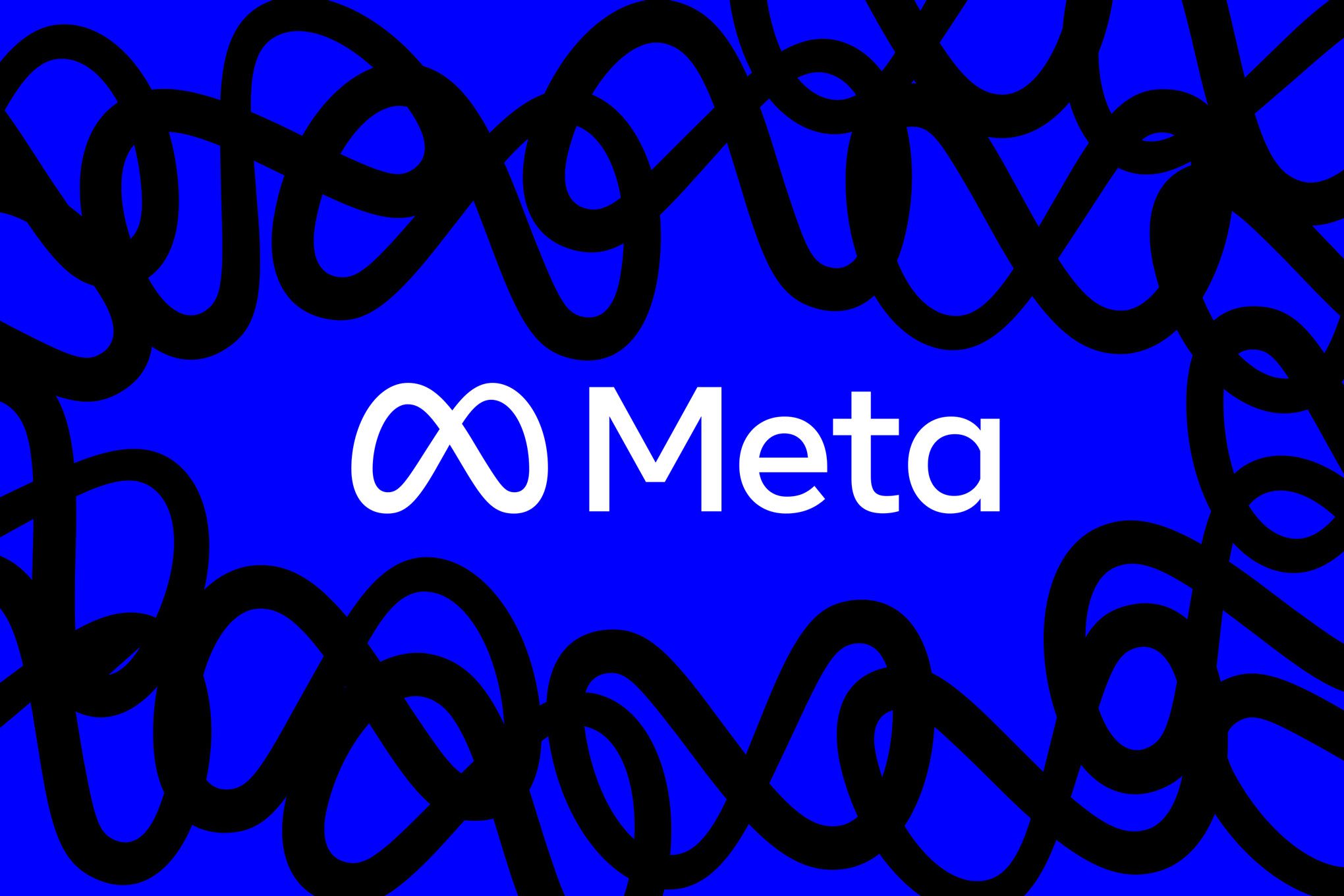
dc s shutdown is hurting government tech As the U.S. government faces a looming shutdown, the impact on government tech workers is becoming increasingly evident, affecting not only their livelihoods but also the services they provide to millions of Americans.
dc s shutdown is hurting government tech
The Personal Connection to Public Service
Kin Lane, an API expert, reflects on his time working on the Free Application for Federal Student Aid (FAFSA) in 2013. This application is crucial for millions of college students seeking financial assistance for their education. Lane’s involvement in the project allowed him to appreciate the importance of securely storing financial data and ensuring that it could be accessed by tools from the Internal Revenue Service (IRS). Although the work may not have been glamorous, it held significant meaning for him personally. When his own daughter went to college, he found himself relying on FAFSA, further solidifying his connection to the project.
Lane’s journey into government service began when he joined as a Presidential Innovation Fellow. Initially skeptical about the bureaucracy and challenges of public service, he soon discovered the profound impact that technology can have on government operations and citizen services. His experience is a testament to the vital role that tech professionals play in the public sector, especially in times of crisis.
The Impending Shutdown and Its Consequences
The current threat of a government shutdown raises alarm bells for many, particularly for those working in technology roles within federal agencies. A shutdown would lead to furloughs and disruptions in the work of thousands of government employees, including tech workers who maintain essential systems and services. This situation not only jeopardizes their financial stability but also affects the functionality of various government programs that rely on technology.
Impact on Government Services
Government tech workers are responsible for a range of critical functions, from maintaining cybersecurity to developing user-friendly applications that facilitate public access to services. A shutdown would halt many ongoing projects, delaying updates and improvements that are necessary for the efficient functioning of government services. This could lead to longer wait times for citizens seeking assistance, increased frustration, and a general decline in public trust in government capabilities.
For instance, systems that support healthcare enrollment, tax processing, and social services could experience significant disruptions. The repercussions of a shutdown extend beyond the immediate impact on tech workers; they ripple through the entire system, affecting citizens who rely on these services for their daily needs.
Stakeholder Reactions
The potential for a government shutdown has elicited a range of reactions from various stakeholders, including government employees, advocacy groups, and the general public. Many government tech workers express frustration and anxiety about their job security and the uncertainty surrounding their roles. The fear of being furloughed or having their paychecks delayed adds to the stress of an already challenging work environment.
Voices from the Tech Community
Members of the tech community, including those who have previously worked in government roles, have voiced their concerns about the implications of a shutdown. They emphasize the importance of stable funding for technology initiatives that enhance government efficiency and service delivery. Many argue that investing in technology is not just a budgetary concern but a moral obligation to ensure that citizens receive the services they deserve.
Advocacy groups have also weighed in, urging lawmakers to prioritize funding for government operations to prevent a shutdown. They highlight the detrimental effects on vulnerable populations who depend on government services, particularly during times of economic uncertainty. The message is clear: a government shutdown is not just a political issue; it has real-world consequences for everyday Americans.
The Broader Implications of a Shutdown
The ramifications of a government shutdown extend beyond the immediate impact on tech workers and government services. The shutdown can have a cascading effect on the economy as a whole. When government employees are furloughed, their spending power diminishes, which can lead to decreased consumer spending and a slowdown in economic activity. This is particularly concerning in a time when the economy is still recovering from the effects of the pandemic.
Long-Term Effects on Public Trust
Moreover, repeated government shutdowns can erode public trust in government institutions. Citizens may begin to view the government as dysfunctional and incapable of fulfilling its responsibilities. This perception can have lasting effects on civic engagement and public participation in democratic processes. When people lose faith in their government, they may be less likely to advocate for policies or support initiatives that could benefit their communities.
Lessons from the Past
Historically, government shutdowns have led to significant disruptions and challenges. The 2013 shutdown, for example, resulted in the closure of national parks, delays in federal services, and a halt to many government programs. The impact was felt not only by government employees but also by the public, who faced inconveniences and disruptions in services they relied on.
During that shutdown, the government lost billions in economic output, and many federal employees were left uncertain about their financial futures. The lessons learned from past shutdowns underscore the importance of finding bipartisan solutions to budgetary issues before they escalate into crises.
Moving Forward: The Need for Stability
As the threat of a government shutdown looms, it is crucial for lawmakers to prioritize stability and funding for government operations. Investing in technology and ensuring that government services remain operational should be a top priority. This not only benefits government employees but also serves the public interest by maintaining access to essential services.
Advocating for Change
Advocacy for stable funding and support for government tech initiatives is essential. Stakeholders, including tech workers, advocacy groups, and concerned citizens, must come together to push for policies that prioritize the efficient functioning of government services. This includes advocating for budgetary measures that prevent shutdowns and promote investment in technology that enhances service delivery.
Furthermore, fostering a culture of collaboration between government agencies and the tech community can lead to innovative solutions that address the challenges faced by public services. By leveraging the expertise of tech professionals, government agencies can develop more efficient systems that better serve the needs of citizens.
Conclusion
The impending government shutdown poses significant challenges for tech workers and the services they provide. As the situation unfolds, it is essential to recognize the broader implications for government operations, public trust, and the economy. By advocating for stability and prioritizing funding for government services, stakeholders can work together to mitigate the impact of a shutdown and ensure that essential services remain accessible to all Americans.
Source: Original report
Was this helpful?
Last Modified: October 22, 2025 at 7:37 pm
1 views















